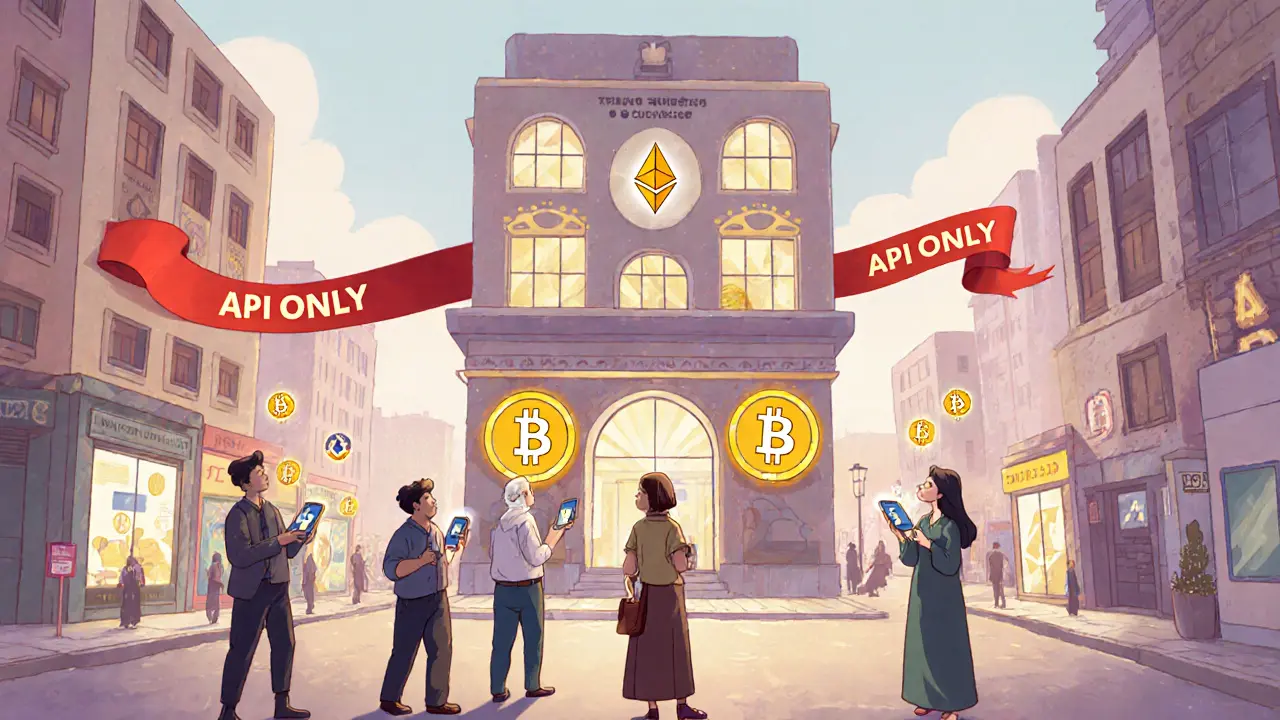Iran Crypto Exchange List: Safe Platforms, Risks, and Alternatives
When it comes to Iran crypto exchange list, a collection of platforms Iranians use to buy, sell, and trade cryptocurrencies despite financial restrictions. Also known as crypto trading platforms in Iran, these services operate in a legal gray zone where banks block crypto transactions and the government monitors digital asset activity closely. Most Iranians don’t use exchanges based inside the country—there aren’t any officially licensed ones. Instead, they turn to global platforms like MEXC, Binance, and Bybit, often using peer-to-peer (P2P) methods to convert rials to crypto. The cryptocurrency Iran, digital assets used as a hedge against inflation and currency devaluation. Also known as Iranian crypto adoption, it has grown rapidly since 2020, with millions now holding Bitcoin or stablecoins like USDT.
Why does this matter? Because using the wrong platform can mean frozen funds, scams, or even legal trouble. Many fake exchanges pretend to be Iranian-friendly, promising low fees and fast withdrawals, but they vanish after you deposit. Real users rely on platforms with strong P2P support, verified liquidity, and no KYC requirements. The crypto regulations Iran, the unofficial rules and enforcement actions taken by Iranian authorities toward digital assets. Also known as Iranian crypto laws, they’re not codified, but the Central Bank has repeatedly banned financial institutions from handling crypto, pushing activity underground. That’s why most traders use VPNs, local payment methods like Tether via Telegram bots, and trusted P2P marketplaces. You won’t find a single official list of approved exchanges—because there isn’t one. What exists is a network of user-tested routes, shared in private groups and forums.
What you’ll find below isn’t a government-approved directory. It’s a real-world compilation of exchanges and services Iranians actually use in 2025, based on verified experiences, community reports, and platform performance. You’ll see which ones have active Iranian user bases, which ones have been flagged for withdrawal delays, and which ones quietly support rial-to-crypto trades through third-party agents. Some posts detail how people bypass banking blocks using MEXC’s P2P system. Others warn about fake apps pretending to be Iranian exchanges. One review exposes a platform that claimed to be based in Tehran but was actually a phishing site. You’ll also learn how to spot scams before you send your money—because in this space, trust is the rarest asset.
Crypto Exchanges Banned in Iran - 2025 Restrictions Guide
Explore which crypto exchanges are blocked in Iran, why they’re banned, and practical ways to stay active in the market despite sanctions and local restrictions.
